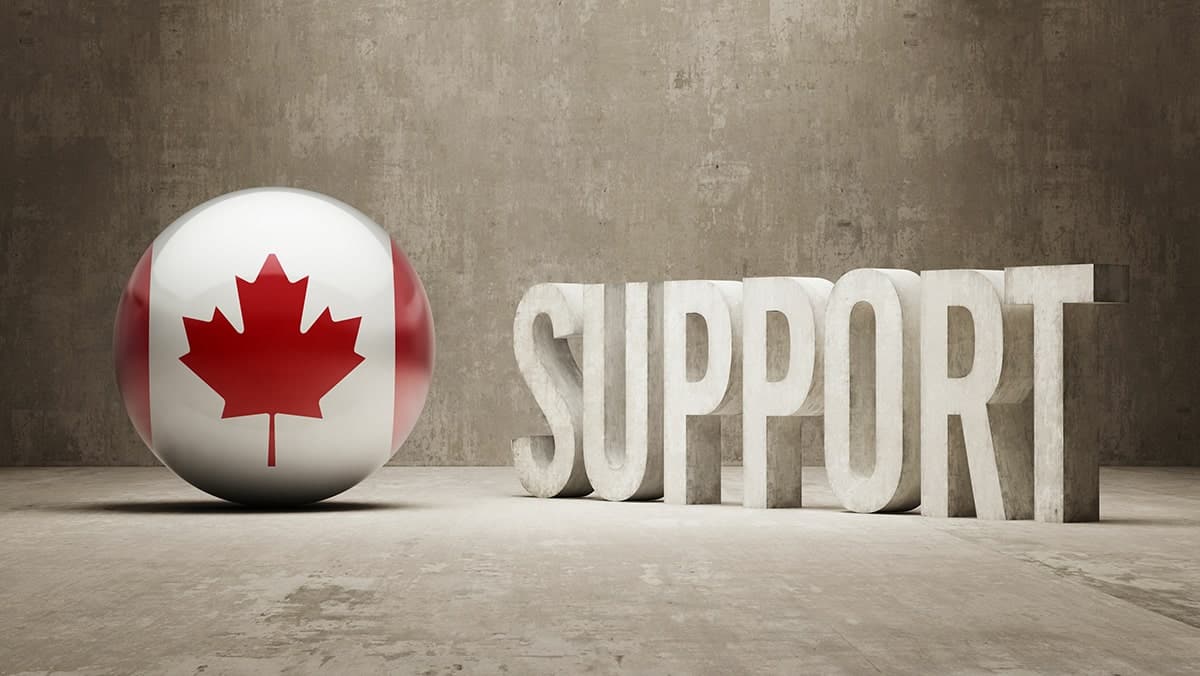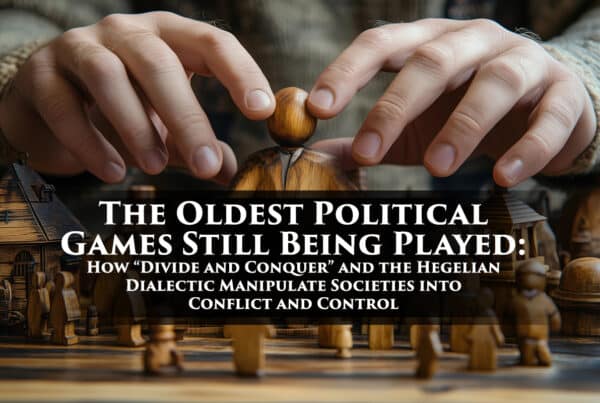Let’s get this out of the way: I’m not here to shame anyone for signing a Change.org petition. Your heart’s in the right place. You’re trying to stand up for something you care about — animal welfare, housing, human rights, climate policy, whatever it is. That matters.
But here’s the hard truth:
If you’re in Canada, Change.org is not how you change laws. It’s how you feel like you’re doing something — while Change.org quietly profits in the background.
I know this might sting a little, especially if you’ve poured time, energy, and even money into promoting a petition. But I’ve been through this process myself. And I want to help you — and your causes — actually succeed.

What Most People Don’t Know About Petitions in Canada
In our system, for a petition to even be considered by lawmakers, it has to go through the official federal petition process via the House of Commons. That’s where the real action starts.
Here’s what that process looks like:
-
Draft your petition properly — clear, specific language that the government can act on.
-
Submit it via the official platform:
👉 https://www.ourcommons.ca/petitions/en/Home/Index -
Get a sitting Member of Parliament to sponsor it.
No MP? No dice. No matter how many signatures you collect. -
Gather 500+ legitimate signatures.
Not hearts. Not “shares.” Real names from real people. -
Once submitted, your petition may be read in the House of Commons and require a formal response.
Yes — it takes more time. Yes — it’s more work.
But this is the only way to get it in front of people who are legally obligated to consider it.

So What’s Wrong With Change.org?
Here’s where things get murky — and expensive.
-
Change.org petitions are not legally recognized by Canadian government bodies.
-
No MP, no MLA, no council has to respond to them — ever.
-
The platform actively asks supporters to “promote this petition” for visibility, which means you’re donating to Change.org, not the cause.
-
Politicians might notice it if it trends. But they don’t have to act on it — and most don’t.
At best, it’s a visibility tool.
At worst, it siphons real momentum and money away from movements that could actually change things.
❤️ You’re Not Wrong to Care — Let’s Just Get More Strategic
People who start or sign Change.org petitions aren’t lazy or naïve. They’re passionate. They’re frustrated. They’re looking for something to do.
And I get it — because I’ve been there. In 2023, I launched Petition e-5165 through the proper channels, and it ended up being wiped away when Parliament dissolved. Painful, yes. But educational.
I’m gearing up to do it again — and I want to help others do the same.
So if you care about your cause (and I know you do), do it the right way. Get your petition in front of Parliament. Find an MP. Make it official.
You’re already doing the emotional work. Now let’s back it with structural action.
✅ TL;DR:
-
Change.org = visibility + profit, not legal impact
-
Parliamentary petitions = actual political pressure
-
If you want change, take your petition to the place where change happens







